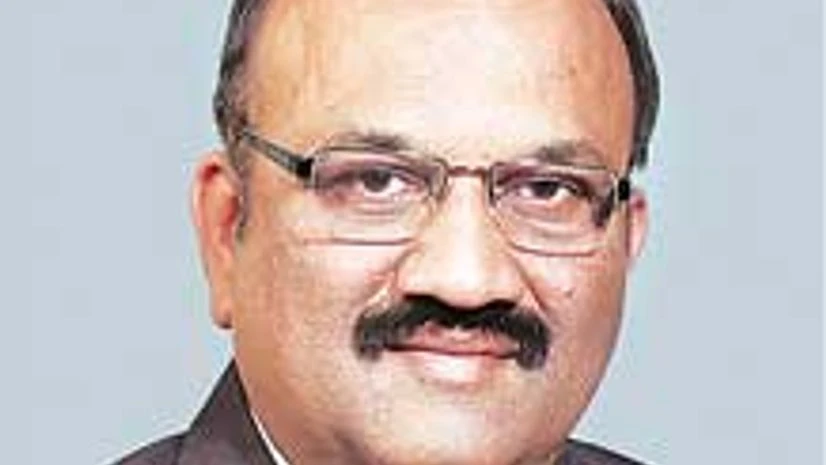As the chairman of the Accounting Standard Board, Manoj Fadnis, has played a key role in the journey towards converging Indian accounting standards with the International Financial Reporting Standard. In an interaction with Sudipto Dey, Fadnis, president, Institute of Chartered Accountants of India (ICAI), says the institute will lead the way in making all its units Ind-AS compliant in FY16. Edited excerpts:
How will life change for Indian businesses with the adoption of the new accounting standard (Ind-AS)?
Ind-AS may affect the capital structuring of companies that have issued redeemable preference shares. These will be considered as a debt under Ind-AS; at present, they are treated as part of the share capital. Also, the Ind-AS, based on substance over form, takes a different position in the financial statements.
More From This Section
What are the critical dos and don'ts while transitioning to the new system?
First, companies have to change accounting and information technology systems to generate information to prepare the financial statements under Ind-AS. They should not leave the process of shifting to Ind-AS till the end. The plan should be prepared in advance so that the company is ready in time.
Why was it important to keep certain carve-outs in Ind-AS, making it IFRS-convergent, but not fully compliant?
There are only two compulsory carve-outs. In case of other changes made in the Ind-AS, the companies can either follow the option permitted in Ind-AS, which is IFRS-compliant or change their systems to make them IFRS-compliant.
The two compulsory carve-outs are necessary since we have conceptual differences with the IASB. These differences are being discussed with IASB on an ongoing basis. Apart from the conceptual differences, the one relating to the foreign currency convertible bonds would have also affected adversely those Indian companies that have raised money through borrowings in foreign exchange.
Are you in favour of giving the option to Indian companies to come out with fully-IFRS compliant accounts?
We are not in favour of giving such an option as there will then be two sets of accounting standards which the companies will be using, and will accordingly result in making the financial statements under different standards incomparable. This would affect the decision-making of the users of these financial statements as they will have to keep in mind different requirements in different standards.
Is there a timeframe or a road map for India to be fully-IFRS compliant?
At present, there is no roadmap. However, we are taking up the matter with the IASB on a regular basis, and reviewing our position. It is hoped we may become IFRS-compliant in the future.
How well is the accounting profession prepared for the new system?
We have an implementation committee that is organising workshops. Around 10,000 professionals have gone through a certificate course. The institute's own financial statements will be Ind-AS compliant for FY 2015-16. All our units will prepare financial statements under both the accounting standard in FY16. We will also update our syllabus for final year students in 2016.

)
